Welcome to the Donald Trump show.
Seventeen Republican presidential hopefuls will take the stage here Thursday evening for the first of 12 debates of the 2016 election, but the star of the spectacle will be the blustering businessman at center stage. Trump’s presence promises to make the crowded forum unlike any in recent memory.
Meanwhile, the jam-packed field has shunted seven candidates out of the main debate and into an undercard. That could prove a blessing in disguise for second-tier candidates, giving them a forum for substantive discussion without Trump sucking up the oxygen.
In the first major event of the 2016 campaign, here are the challenges and opportunities for each of the candidates:
The Main Event: Donald Trump
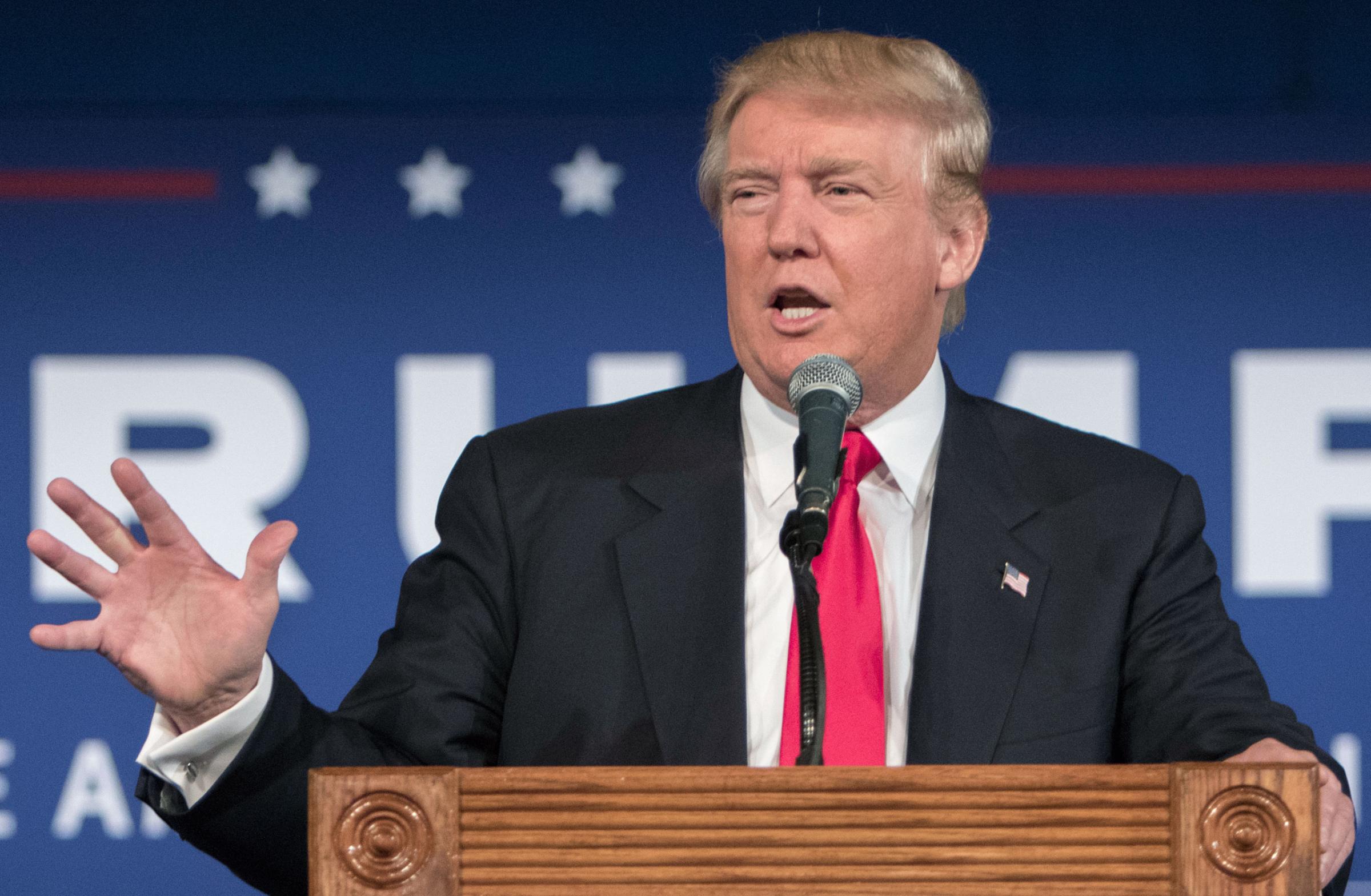
The reality television star and real estate magnate rocketed to the top of polls with his bombastic rhetoric. Now he has a target on his back, and a pack of struggling rivals are ready to take aim. Trump has no experience as a debater, an extremely thin skin and a taste for schoolyard insults. People want provocation from him, and he will deliver. But if he comes off as a cartoonish reality show character without an ability to handle actual policy, he might find that his frontrunner status erodes. Trump knows better than anyone how to roll out a new product. Now he has to show the stuff is worth buying.
The Main Event: Jeb Bush
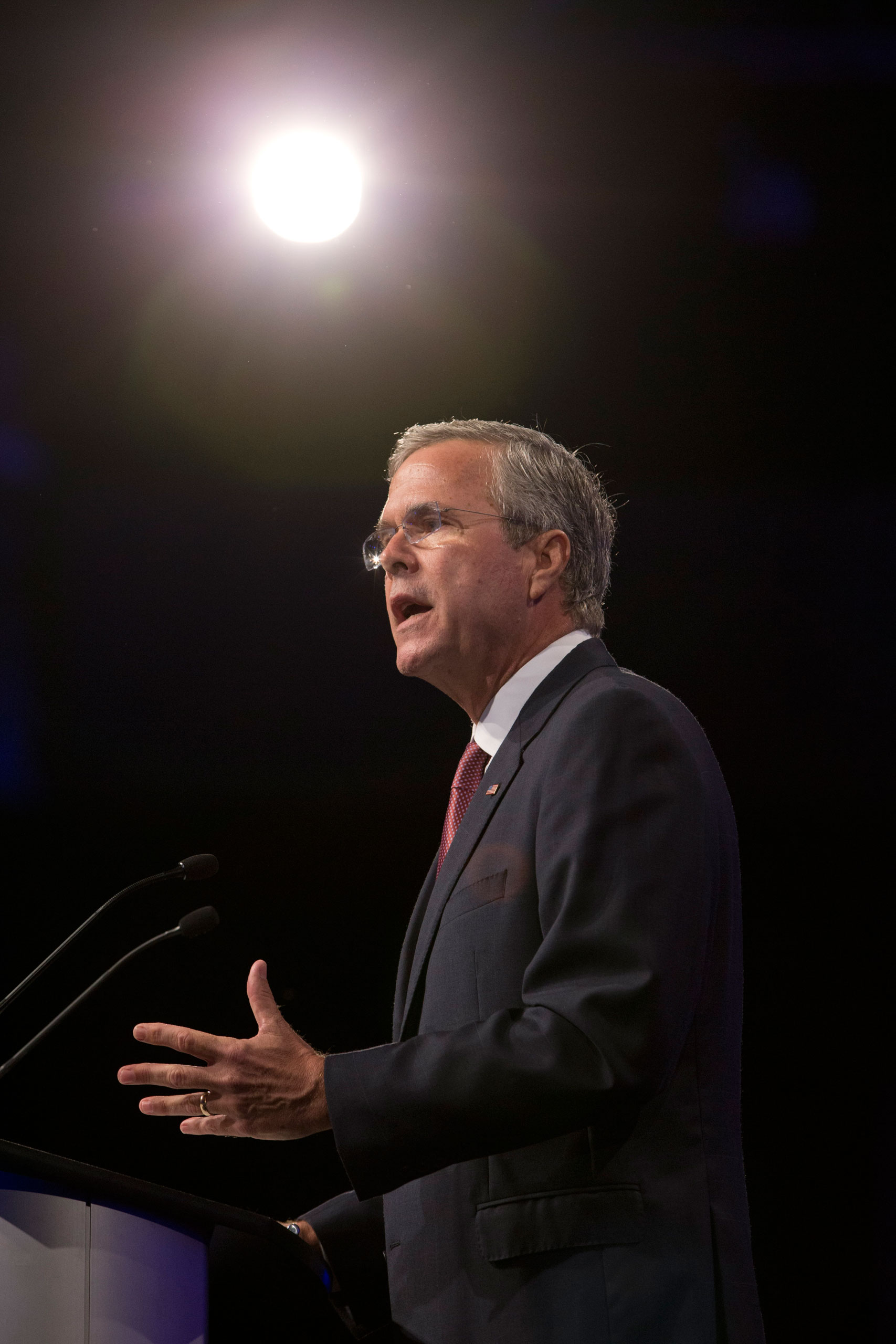
The establishment front-runner is sitting on more than $120 million in the bank, but has yet to show he can win over Republican voters. In a spectacle dominated by Trump, Bush wants to come off as cool, collected and informed. His pitch is that he is the adult conservative tough enough to take on Hillary Clinton, but with a sunny tone that broadens the party’s appeal. That’s a high bar. If he gets pushed around by Trump or fails to make an impact, then his allies may start burning their television ad money on early states sooner than he would have hoped.
The Main Event: Scott Walker
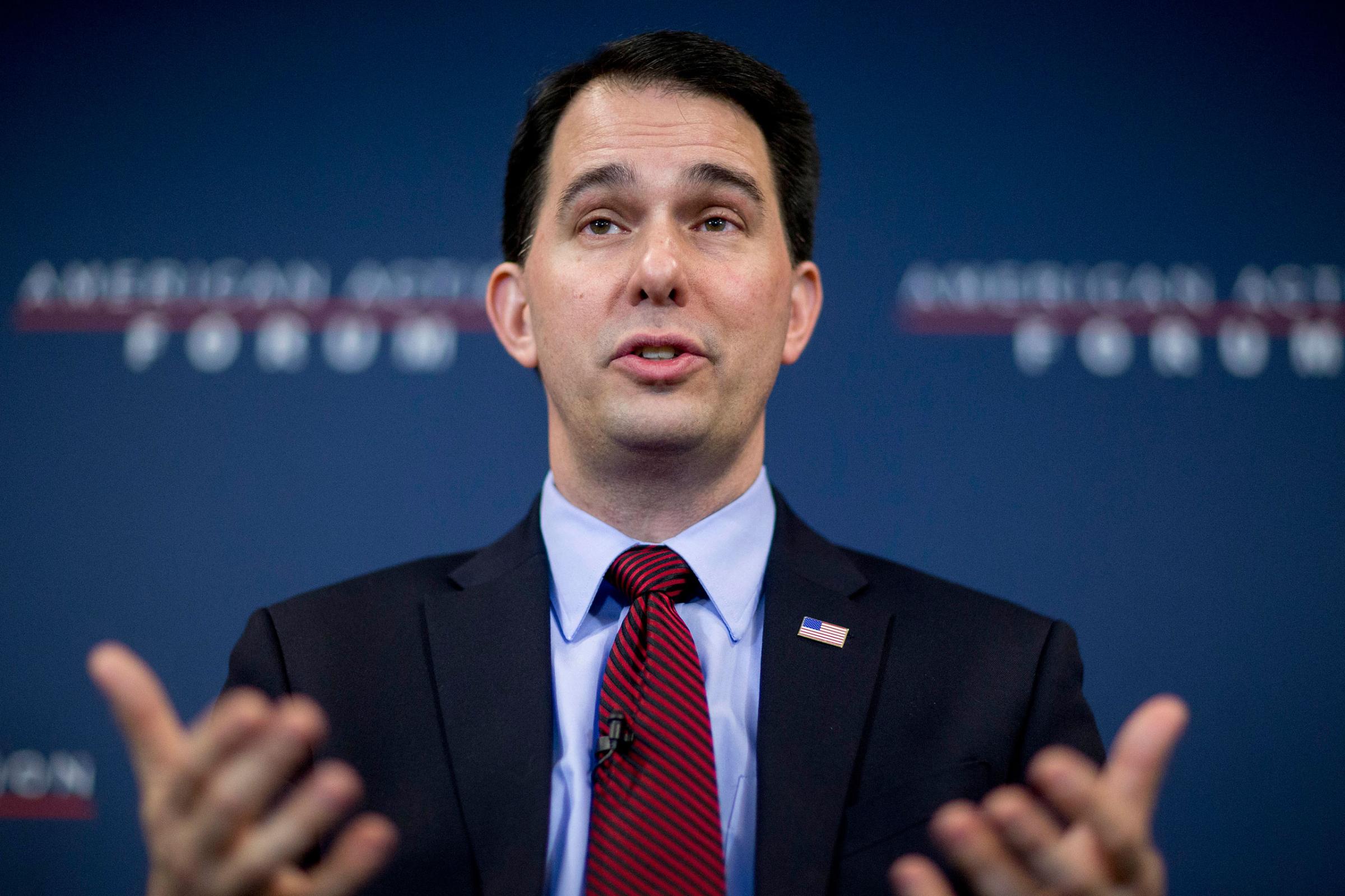
The Iowa front-runner has been an uneven performer, and Thursday night’s forum marks a significant test. He will try to emphasize his battle-tested record in Wisconsin, a blue state where he won three successive elections despite kneecapping powerful public-sector unions. Walker has sought to skirt controversial issues during the early phases of the primary campaign, so the Fox moderators are likely to put him on the spot. Look for rivals to raise his flip flops on issues like immigration.
The Main Event: Ted Cruz
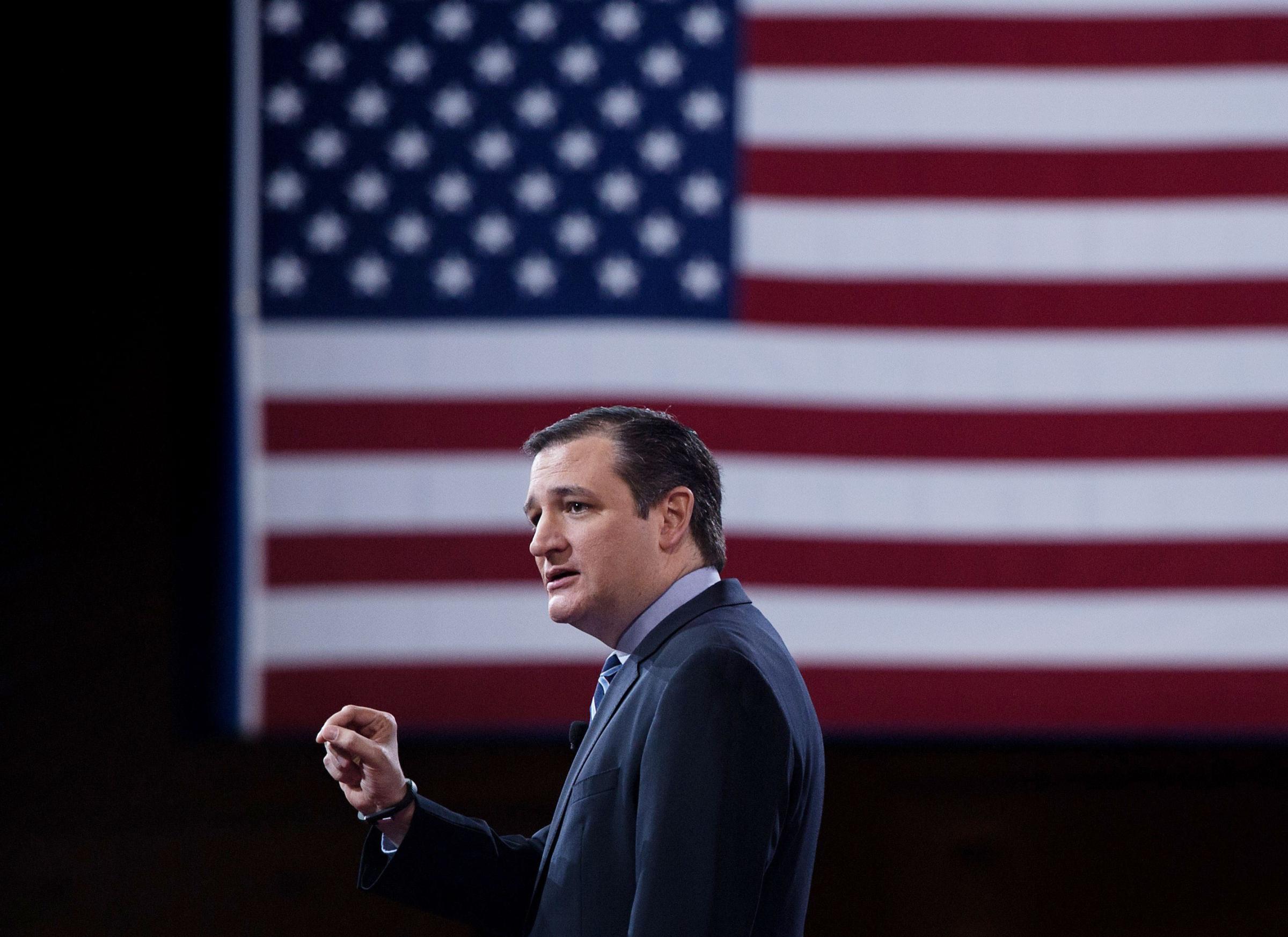
The conservative firebrand was a champion debater in college, but this is a different sport entirely. Cruz comes in with soaring expectations, but it’s unclear how his skills—and penchant for long-winded answers—will translate onstage. His challenge, at a minimum, is to be the second choice for every voter who wants a pure conservative. Look for him to make bold statements of principle, while avoiding direct attacks on Trump and Carson.
The Main Event: Ben Carson
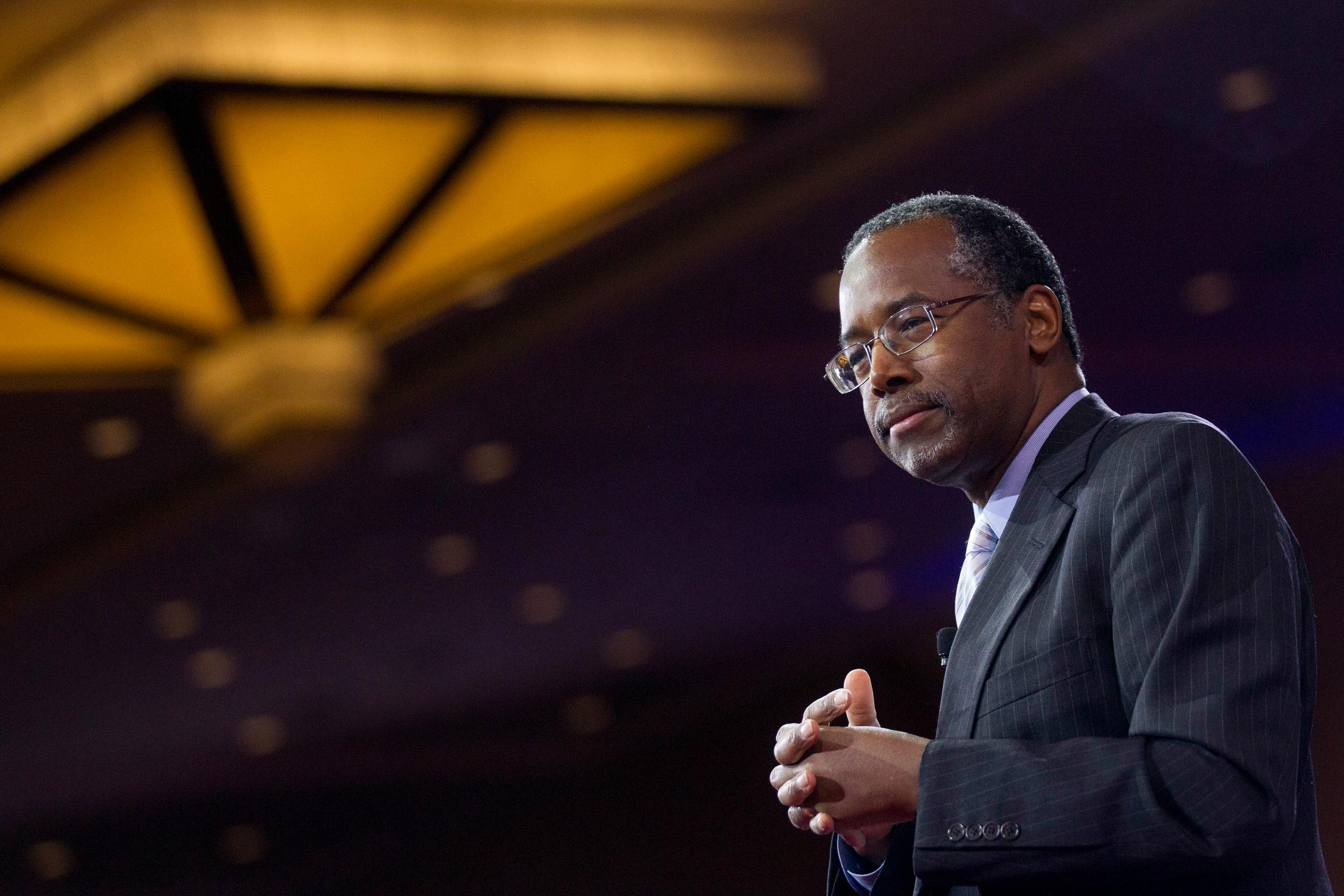
The retired neurosurgeon became a darling on the conservative speaking circuit during the past two years, but his unconventional style has been marked by oddball and inflammatory statements. Carson retains a cadre of die-hard supporters, but onstage he’ll have to prove that his candidacy is more than a fading fad. He has said several times he never wanted to run for the White House, and at times he seems to be running an accidental campaign. Now he has a chance to show voters that he has changed his mind.
The Main Event: Mike Huckabee
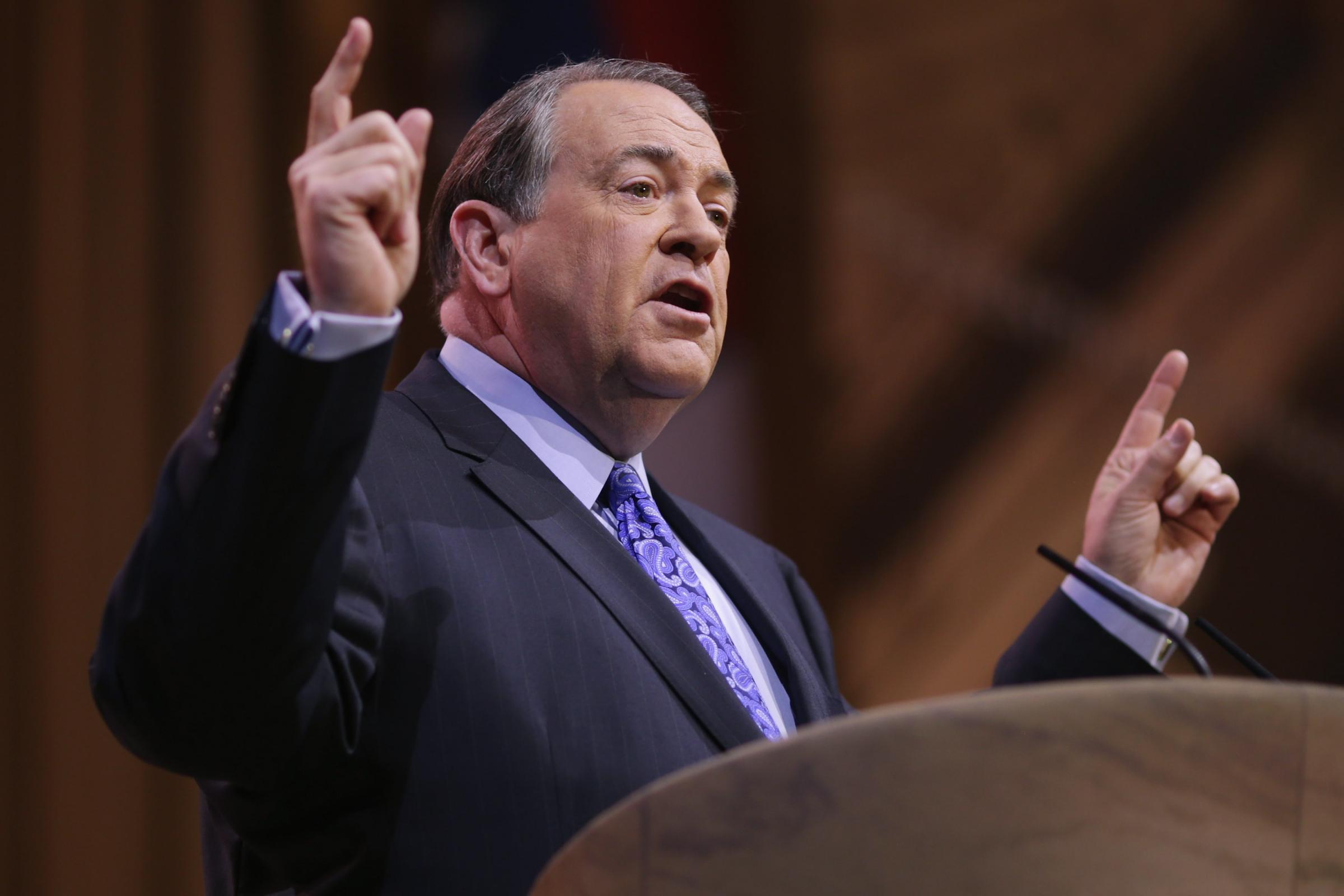
The former Arkansas Governor’s ability to overperform expectations in debates was key to his Iowa caucus victory in 2008, and his campaign is betting on another set of performances to push him out of the pack. Having worked in television his whole life, he knows how to work a camera, and convince viewers he is talking to them. His challenge this time is to convince Iowa caucus goers that he is not yesterday’s news. Look for him to possibly square up against Walker, who is already eating into his numbers. Also watch for the cues he sends to social conservatives on issues like marriage and religious freedom.
The Main Event: Marco Rubio
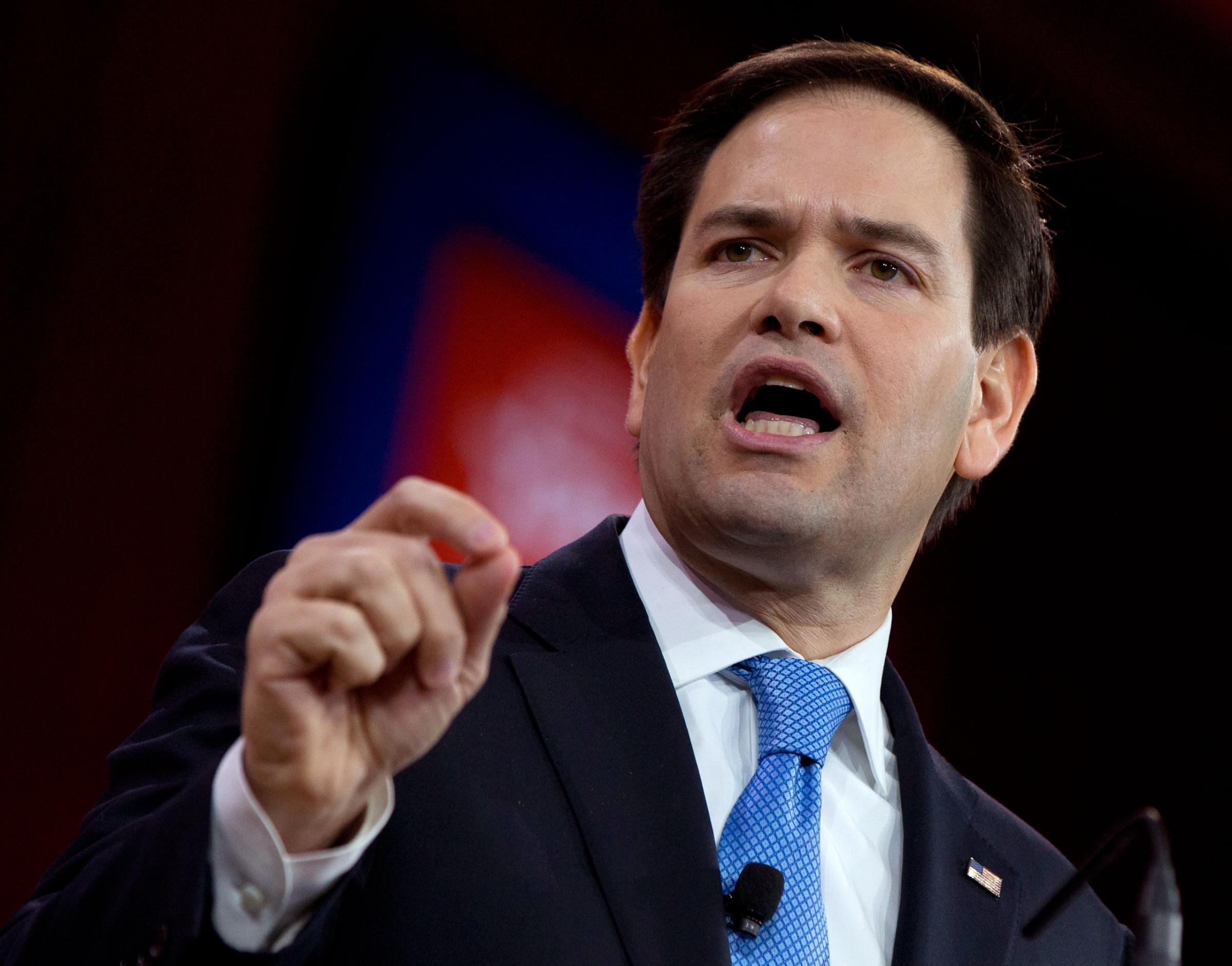
One of the most popular candidates in the field, Rubio is running a tortoise campaign, intentionally flying under the radar as rivals damage their appeal with constant skirmishing. The Florida senator wants to avoid confrontation and continue to position himself as a consensus second choice for now, hoping that he can take advantage if Bush and Walker stumble. But he also has to show up. For the past few weeks, outside of some ad spending on his behalf, he has barely been a presence in the campaign, and his poll numbers show it.
The Main Event: Rand Paul
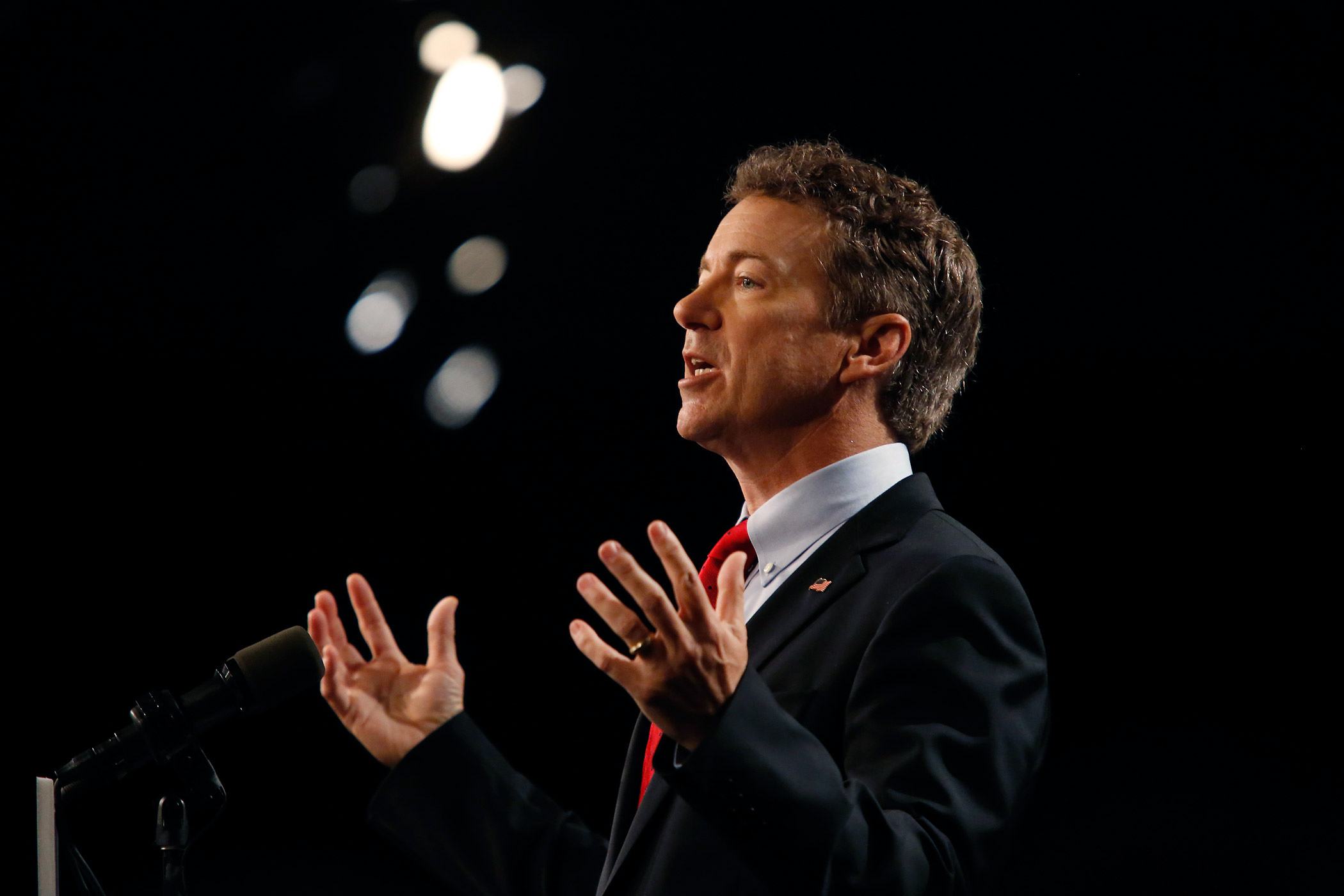
Amid the rise of the Islamic State, the libertarian Senator’s dovish foreign policy is growing out of synch with an increasingly hawkish GOP. A frequent target of Christie and Rubio, Paul is apt to become a target in the debate, and he has a habit of growing prickly when challenged. Slipping in the polls, Paul can give his candidacy a much-needed boost with a strong showing. This is a perfect chance for him to make the case that he can expand the party by attracting young voters and minorities.
The Main Event: Chris Christie
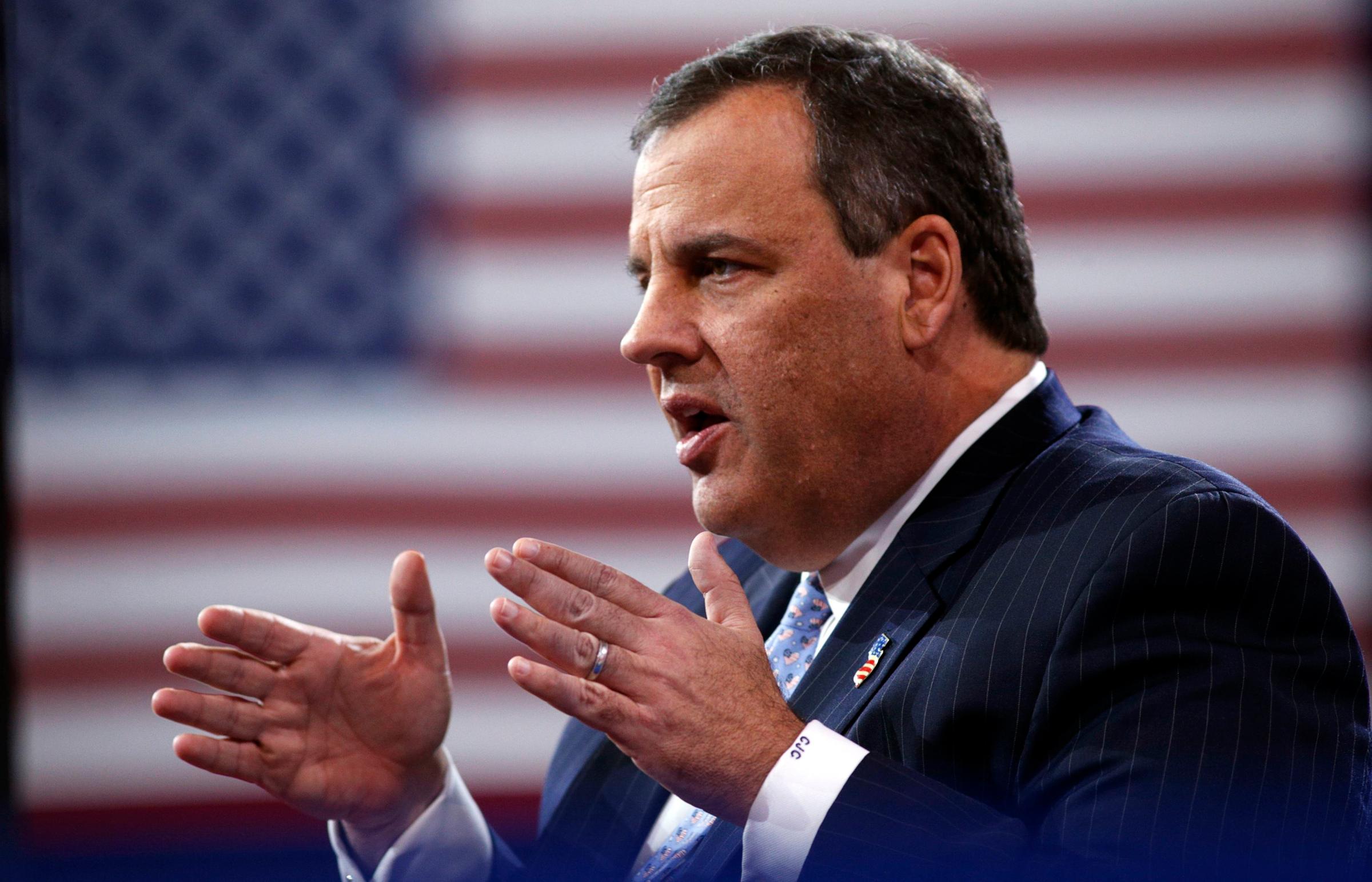
Once the GOP front-runner, the New Jersey Governor barely clinched his spot on the debate stage with a week-long Fox News blitz. Still tarnished by Bridgegate and distrusted by the party’s conservative wing, Christie will be looking for a spot to showcase his brash personality. If he doesn’t have a memorable moment, he’ll be in real trouble. A tussle with Trump could be in the cards.
The Main Event: John Kasich
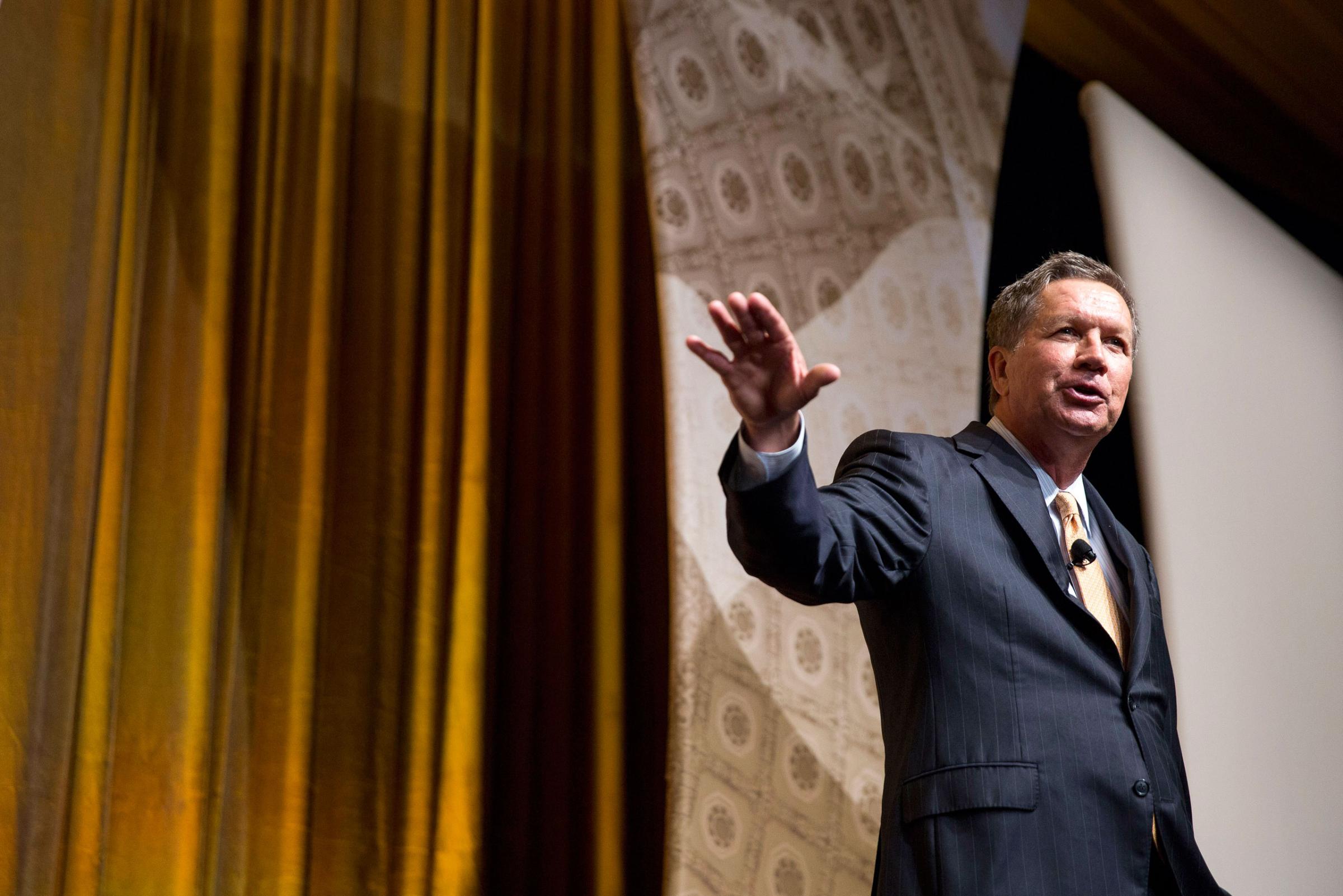
With among the lowest name-recognition of any candidate in the top 10, the Ohio Governor surged after his announcement two weeks ago to make the stage. Kasich needs to keep the momentum going in a home-state debate, and carve out a niche as an establishment-friendly, grownup alternative to Bush. He wants to stay on offense, even as some of his rivals are likely to paint him as too squishy on core conservative issues to win the debate. Look for him to try to distinguish himself from the rest of the field on policy and experience.
The Undercard: Rick Perry
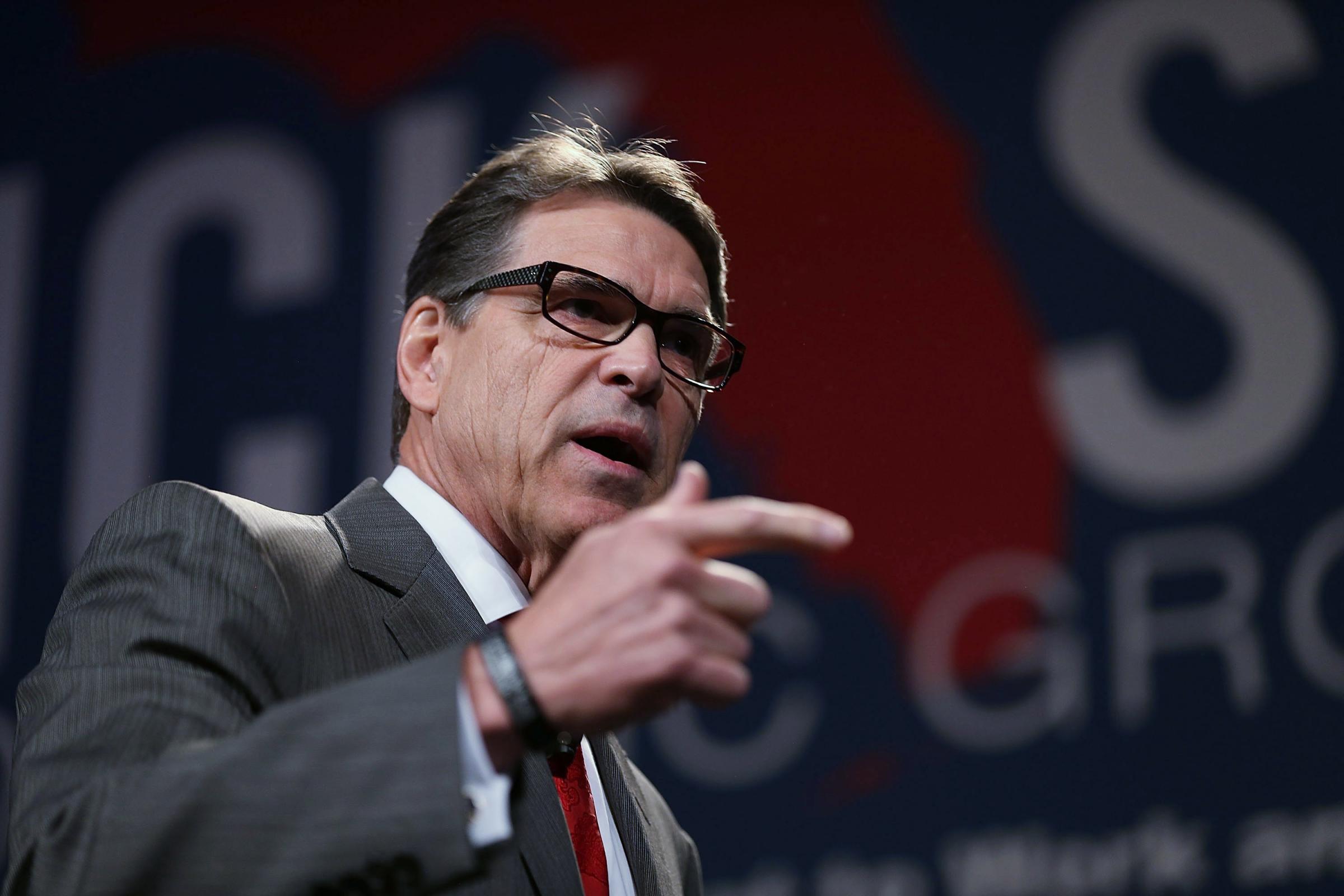
After narrowly missing the cut for the main event, Perry’s challenge is to soldier on with a strong performance. Avoiding another “oops” moment is the first step toward proving he really is a sharper candidate. At the center of the undercard, the former Texas governor gets the benefits of more airtime and a Trump-free environment to continue his political resurrection after his disastrous 2012 campaign. But he has fallen far since his first debate in 2011, when he was seen as a frontrunner. Beating up on Donald Trump will not be enough to get him to the big boy table in September.
The Undercard: Carly Fiorina
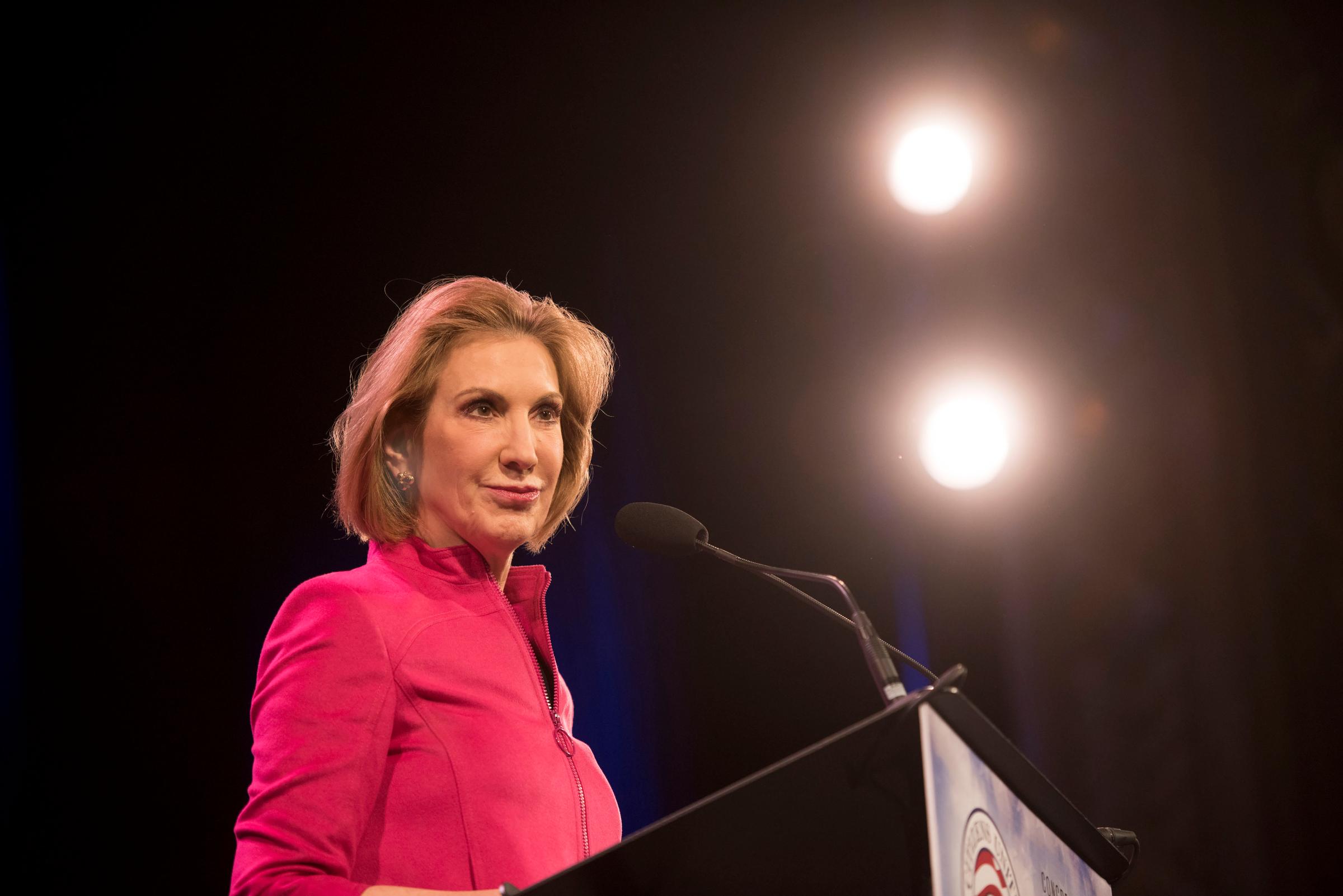
The former HP CEO hoped to make the main stage, but her campaign is now shifting the goalposts, telling supporters they are playing a long game for the nomination. The lone woman in the field, Fiorina has proven herself a caustic and effective Hillary Clinton critic. But she needs a wider repertoire to make the second debate next month. Crowds love listening to her, but few leave the room wanting to vote for her. She needs to show she has the gravitas, not just the one-liners, to take on Clinton.
The Undercard: Rick Santorum
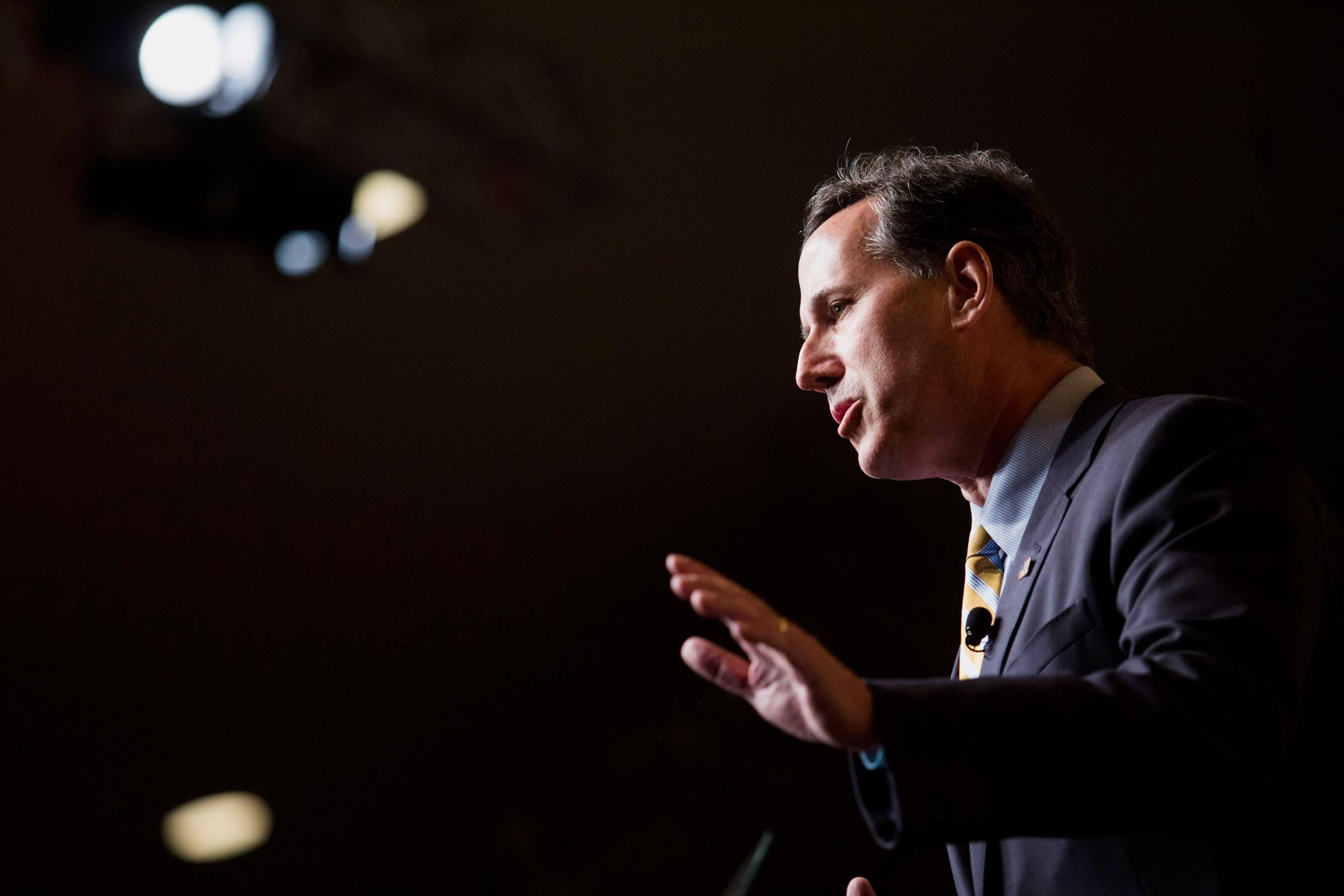
The 2012 runner-up’s campaign is in shambles, with little money trickling in and an exodus of top aides in recent weeks. He’s made barely a ripple on the stump, driving few headlines even in Iowa, where he’s been camped out in hopes of bottling the unlikely magic of the last campaign. No candidate has grumbled more about the RNC rules than the former Pennsylvania senator, who needs to stop complaining and start showing his campaign has life.
The Undercard: Bobby Jindal
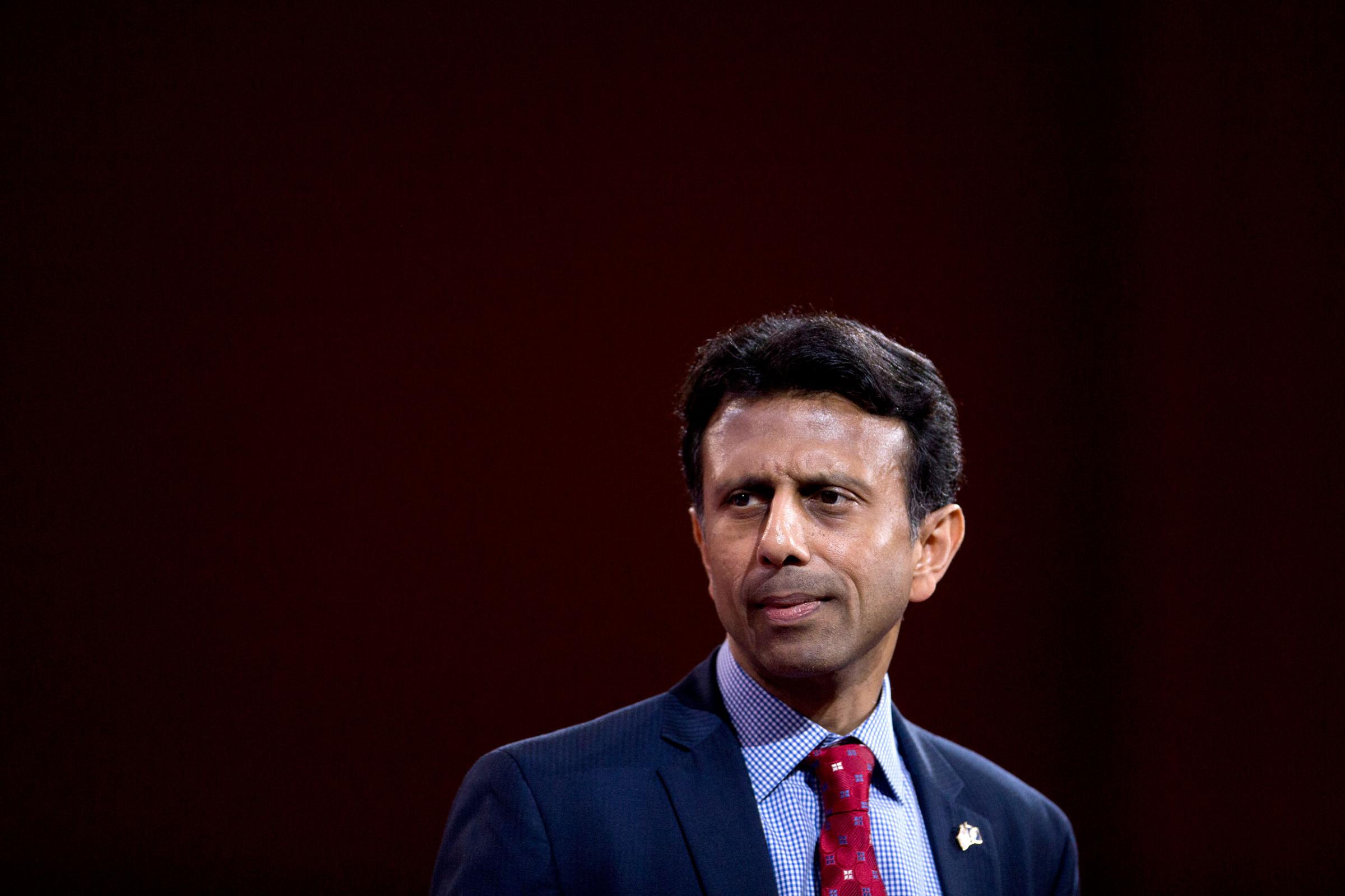
The Louisiana governor’s last performance before a national audience was his widely panned rebuttal to President Obama’s State of the Union in 2009. Jindal, a Rhodes Scholar, should do better Thursday night, but his Iowa-centric campaign has a long way to go to reach relevance. Cruz and Huckabee are already doing a better job at reaching the same voters he is after. The question is can he do something that will be remembered.
The Undercard: Lindsey Graham
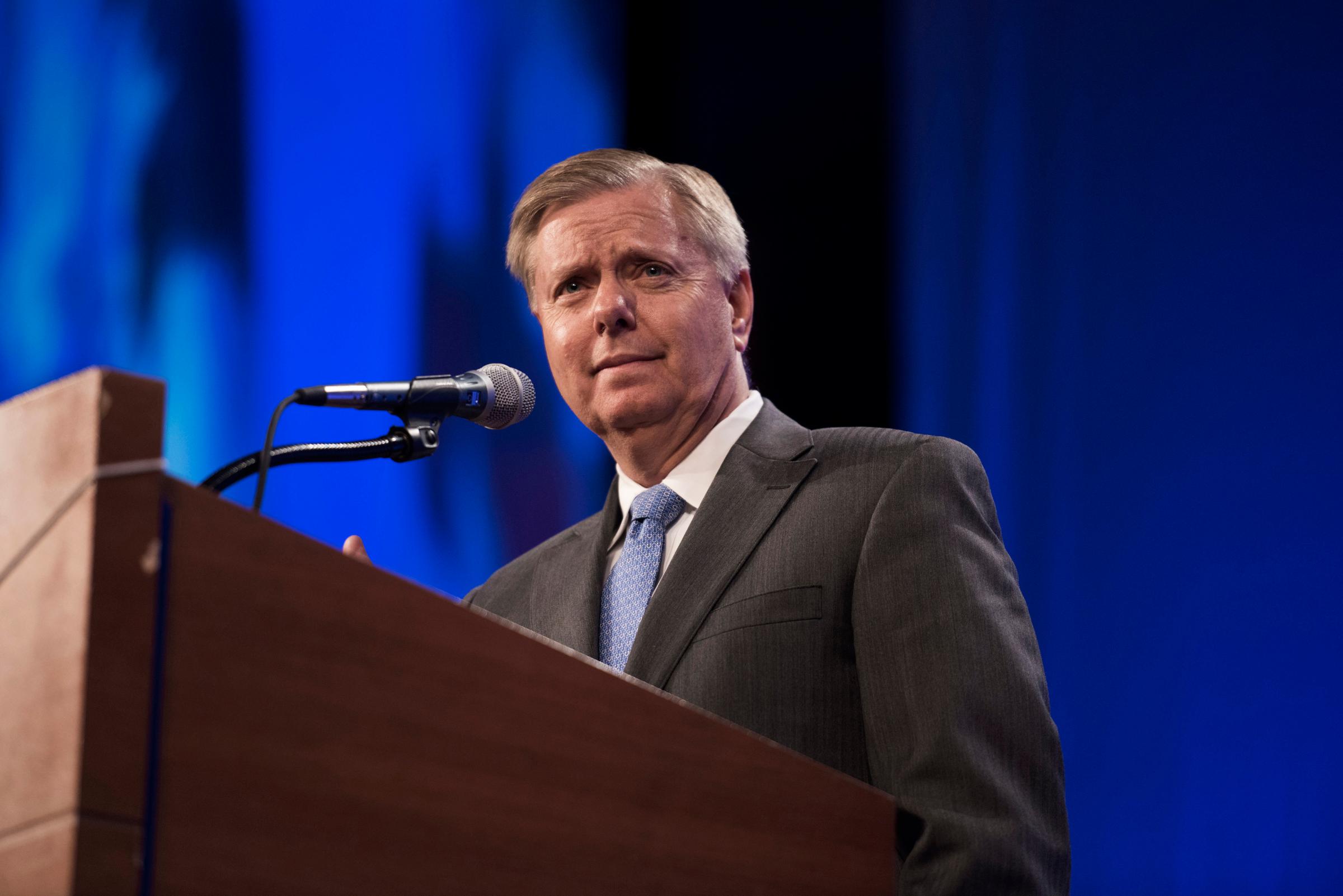
He’s quick with a quip and seasoned from his debates in the Senate, but Graham’s taste for bipartisan cooperation on issues like immigration makes him tough fit for the GOP base. Expect him to entertain; he’s clearly the funniest candidate out there. He also needs to make his mark on foreign policy. But he still needs to find a way to make the case that he is running for anything more than Scott Walker’s Secretary of Defense.
The Undercard: George Pataki
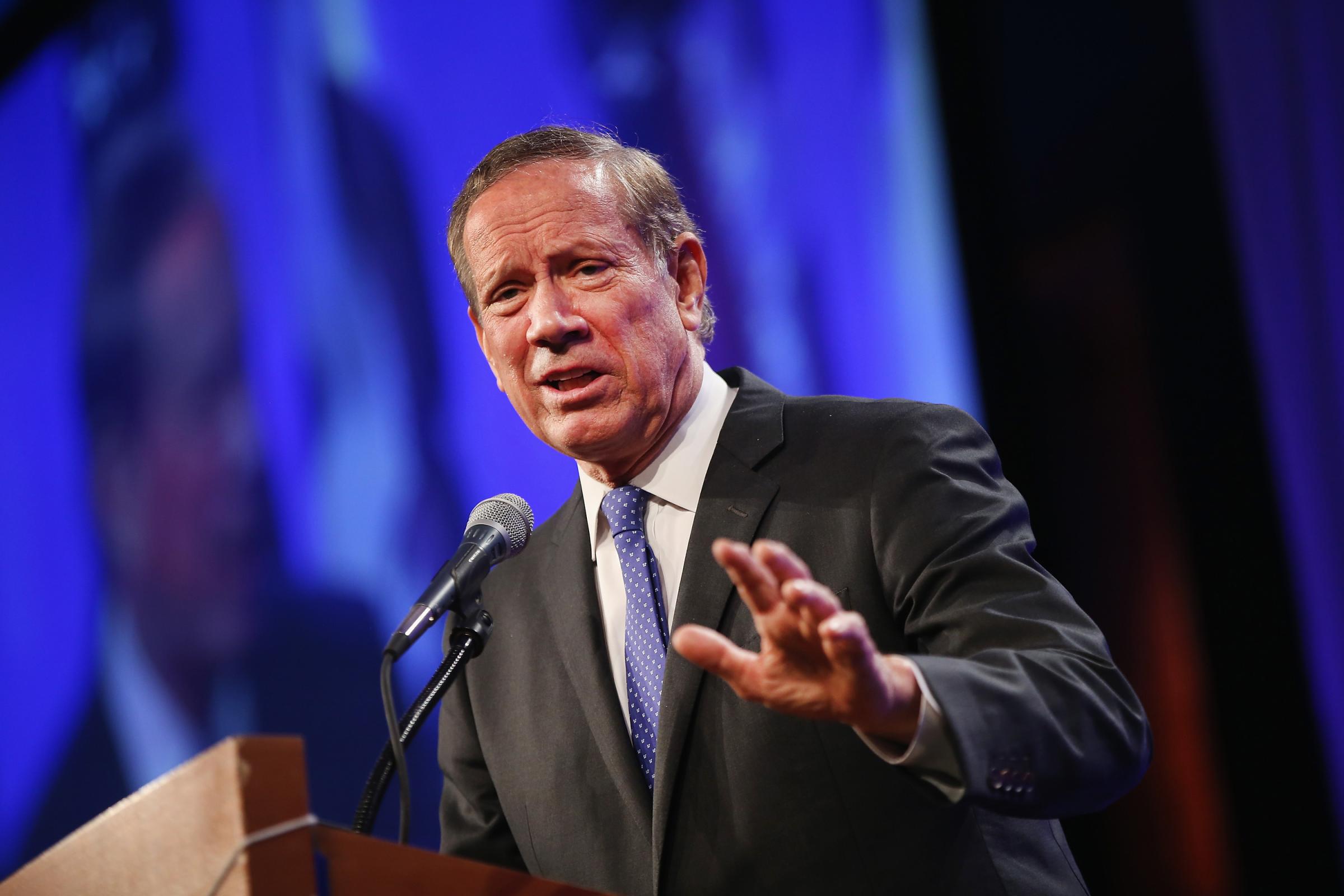
The former New York governor has been out of politics for a decade and the rust shows in his performances on the stump. Staking out a position as a moderate, Pataki been an ardent Trump critics. But denied the chance to go toe-to-toe with the reality television star, it’s hard to see how he breaks through. That may be fine with him. He seems to be just along for the ride.
The Undercard: Jim Gilmore
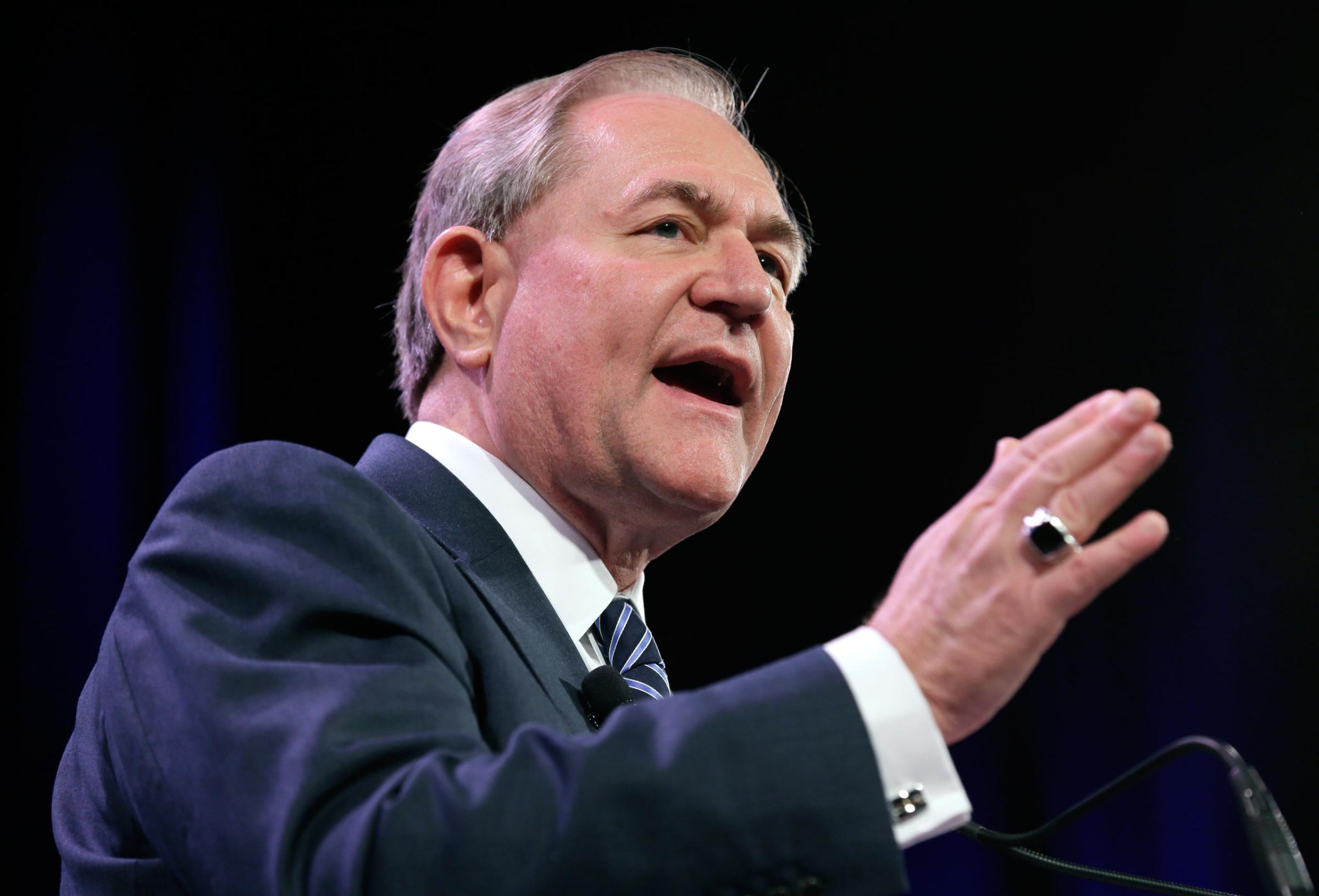
Who? The former Virginia governor scored an invite after Fox News lowered the threshold for admittance to those whose names are offered consistently in national polling. But Gilmore is barely above zero in those surveys, and has no strong base of support. Unless he pulls a surprise, this will likely be his last debate.
More Must-Reads from TIME
- Inside Elon Musk’s War on Washington
- Why Do More Young Adults Have Cancer?
- Colman Domingo Leads With Radical Love
- 11 New Books to Read in February
- How to Get Better at Doing Things Alone
- Cecily Strong on Goober the Clown
- Column: The Rise of America’s Broligarchy
- Introducing the 2025 Closers
Write to Alex Altman at alex_altman@timemagazine.com